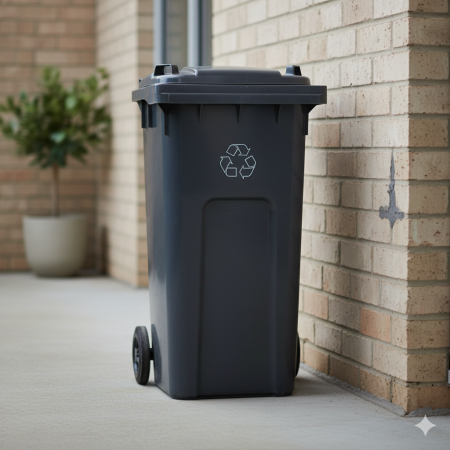Pros
- Given today’s low refinance rates, there’s a good possibility your new mortgage interest rate will be lower than the rate on your current mortgage. A lower interest rate leads to a lower monthly payment, so you can pay the loan off faster than you might have repaid your original mortgage. Use our mortgage calculator to see what a new and lower mortgage payment might look like.
- Funding your home improvements through a cash-out refinance means taking money from your home to make improvements to your home — a move that may increase the value of your property.
- A cash-out refinance also sets an exact budget for your project. You know precisely how much you can spend before finalizing your renovation plan.
Cons
- Taking equity out through a cash-out refinance may not be the best financial move — particularly if your home is your sole investment. Do you have another plan for that money, like buying your next home, or paying medical costs if a health emergency arises?
- If your credit score has taken a hit since you applied for your existing mortgage, you may not snag the low rate you’re hoping for.
- A mortgage refinance will include closing costs. While the costs will eventually be recouped through a lower monthly payment, it may take months to do so.
Can I refinance to make home improvements?
In short, the answer is yes. Homeowners take advantage of the equity in their property to make improvements to their homes all the time.
While it is possible, now may or may not be the best time for you — that’s a decision only you can make.
One word of caution: If your credit score is low right now, it might be better to wait, improve your credit score, and then refinance. Mortgage lenders tend to offer the best loan terms to borrowers with high credit scores.
Is a cash-out refinance my best option for home improvements?
It may be, depending on the type of loan you want and the scope of your home improvement project. For example, if you have a VA loan, the VA renovation loan may be better. Ask yourself these questions before making a final decision:
- Will my mortgage payment be lower if I refinance?
- Do I have a clear plan for the home renovation project? If so, can I take out enough cash to cover the project in its entirety?
- Do I have an emergency fund to carry me through a job loss, illness, or other unexpected event? In other words, am I confident I won’t need the equity in my home to cover an emergency?
- Is there another loan option I might prefer — even if it means I pay a higher interest rate? For example, would I rather have a loan that does not put my home at risk of foreclosure if I miss payments, or a loan that does not take equity out of my home? (Such as an unsecured renovation loan).
Are home improvements enough to refinance for?
Not every house project justifies applying for a cash-out refinance. If you have a clear plan that is likely to increase your home’s value, financing home renovations by refinancing your property can make sense. On the other hand, if you’re short on funds and have a small maintenance project to finance — like replacing your sump pump — refinancing is not your only loan option.
You could look at a home equity vs. HELOC to determine if one of those loans would be a better option. Work with one of the best home equity loan lenders if you go this route. Consider using a credit card with a 0% promotional APR to cover the expense, or a small personal loan.
No matter how you pay for smaller upgrades or repairs, repay any borrowed funds back in the shortest time possible.
RELATED: Need a credit card? Check out The Ascent’s list of the best credit cards for home improvement.
Still have questions?
Here are some other questions we’ve answered:
Read the full article here


